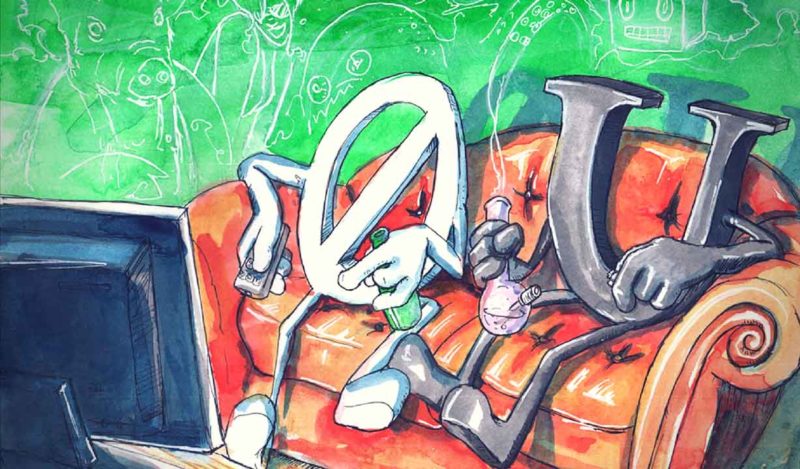Uprising Interview with Jan Kaneen
- Tell us a little about yourself, what was it like growing up for you? Were you always a bookworm and reader or did that come later in life?
I grew up in Bolton in Lancashire in the 80s. My family were not a clan of bookworms, but my stepmother, was all for education and if she thought I was weird when I wanted to stay in to read, read, read, then stay in some more to write, write, write, she never let it show. I won a place at grammar school but reading, writing or looking like you were trying to learn, were not great ways to seal your popularity, or guarantee your survival. I did okay though, and writing and reading were my favorite parts of learning, but it never occurred to me that they would be part of my future, or a way to earn a living. In those days, creative writing was not a subject taught like it is now. There was only ‘English Language’ a subject more dedicated to teaching grammar and punctuation than creativity, and ‘English Literature,’ a subject dedicated to reading and understanding other people’s creative writing. The one university degree I could aim for that might lead to creative writing of my own, was in English Literature, so that’s what I studied.
- What is your process like? Take us through a day in your writing life.
There is no typical day, and I wish I had something as organised as a process. I’m trying to develop one right now. That’s one of the reasons I’m currently doing an MA in Creative Writing at the Open University. All the stories I wrote until I started the MA, began life as free writes. Free writing for those who aren’t acquainted, is when you pick up a pen or sit at your laptop, and just start writing whatever comes into your head, for 30 mins or more. Sometimes I free-write in response to a prompt but most often, it’s in response to what’s around me: what I’ve done that morning, the sound of the wind, a smell in the room, things as ordinary as that. I start writing and somewhere along the line, my subconscious comes to the fore and narrative leaps start happening, links of imagery, reminiscences, emerging characters. These often coalesce into the start of a story which I sort of vomit out in a long complete sitting (if I can). Its horrid when this stage gets interrupted because it can be almost impossible to get back into the headspace.
Once a ‘story’ is there, full of red mistake errors if it’s on the laptop, or almost unreadable if it’s hand-written in my notebook, I spend weeks or months editing it into something a reader might want to read. During the editing process, I might change and add characters, sharpen language and imagery, change outcomes, add twists, add detail to the broad initial brushstrokes. Once, I wove two completely separate stories together during the editing phase.
I might then put the story away for weeks or months because I’ve got so close to it I can’t ‘see’ it any more. I find time is a brilliant editor. I’m also a member of a readers’ forum, made up of people from past OU courses. We beta read for each other which is invaluable. Having expert critical friends really helps the editing process for me.
Recently though, I’ve added to this ‘process.’ I’ve been coming up with stories that have endings that I’ve plotted, somewhat. I find it harder and slower to write like this but the resulting stories have been well received.
- Who are your favorite authors to read right now?
Right now, I’m reading as a writer as part of my MA studies. I’m doing this because, this year, I will be producing a collection of dark short stories as my final piece of assessed work. Though I enjoy reading as a writer, it’s a very different thing from reading as a reader. There’s no falling into narratives, no luxuriating in the pure joy of reading. You have to see everything: the language, structure, form, the building of worlds and character, use of time, narrative techniques, pulling apart what holds your attention, what captivates you. It’s quite intense.
I’m currently interested in the modern-day fashion for ‘showing’ in creative writing, and am focusing on contemporary short story writers who excel at this, like Kate Moss in her collection The Mistletoe Bride and Danielle McLaughlin, in her collection Dinosaurs from Other Planets. I’m also reading short story writers from yesteryear, like Daphne Du Maurier and Roald Dahl who ‘tell’ expertly. I’m starting a ‘telling’ revival I think. Sometimes distinct narrative voices that just tell, or punctuate ‘showing’ with ‘telling,’ are just as innovative and immersive as their ‘all show’ counterparts.
- What do you have planned for the future, more short work, a novel maybe?
After I’ve completed my short story collection, and the MA, I intend to finish the novel I started a couple of years ago, then shelved as I learnt more about the craft of writing. It’s a weird almost historical novel, set in an alternative version of 1979.
- What inspires you?
Everything and everybody. The world is on fire. There’s so much to record, to see, to reveal. There are so many default settings that are invisible to themselves that need revealing from other perspectives. It’s not lack of inspiration that keeps me awake at night.










